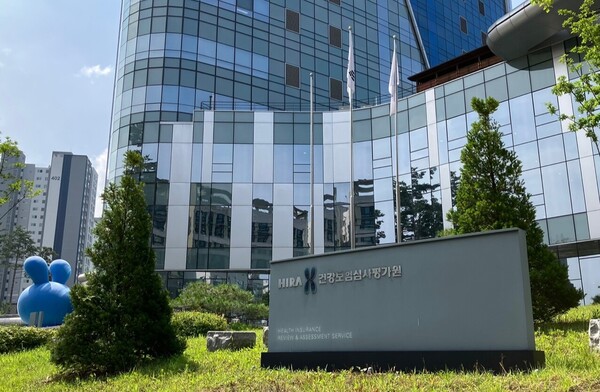BMS Korea’s plaque psoriasis drug Sotyktu (deucravacitinib) has failed to cross the Pharmaceutical Benefits Evaluation Committee threshold, carrying the tag “conditional approval.”
The drug won the Ministry of Food and Drug Safety (MFDS)’s approval in August and quickly applied for reimbursement but failed to be recognized as appropriate for insurance coverage.

The Health Insurance Review and Assessment Service (HIRA) held its drug assessment panel meeting on Thursday to deliberate on the appropriateness of reimbursement for Sotyktu and other therapies.
As a result, it concluded that BMS Korea’s plaque psoriasis treatment Sotyktu 6mg has the appropriateness of reimbursement if the company accepts the evaluated amount or less.
Psoriasis is a chronic skin disease caused by an immune abnormality that causes skin redness or white flaking, mainly on the most irritated areas such as elbows, knees, buttocks, and scalp. Psoriasis vulgaris is the most common form.
Sotyktu is the first "selective TYK2 inhibitor" approved by the MFDS in August for treating moderate-to-severe plaque psoriasis in adult patients who are candidates for phototherapy or systemic therapy. The oral formulation, which does not require dose adjustment and is taken once daily regardless of food intake, has attracted attention as a new option for Korean patients with moderate-to-severe plaque psoriasis who avoid injections.
Also, Kyowa Kirin Korea's Poteligeo 20 mg (mogamulizumab) for mycosis fungoides or sisal syndrome was recognized for reimbursement appropriateness.
Takeda Korea's treatment for post-transplant cytomegalovirus (CMV) infection, Livtencity (maribavir), also passed the drug assessment panel.
Cytomegalovirus remains asymptomatic and latent after infection. However, when the immune system is compromised by organ transplantation, the virus can reactivate and cause serious illness.
Livtencity is an oral antiviral that inhibits the growth of the virus by reducing the activity of the UL97 protein phosphatase, which is involved in replication and proliferation in cytomegalovirus. It can be given to adult patients with post-transplant cytomegalovirus infection who are resistant or unresponsive to one or more of the existing antiviral drugs ganciclovir, valganciclovir, foscarnet, and cidofovir.
The committee meeting also reassessed the appropriateness of some drugs.
The reassessment concluded that limaprost alfadex is not indicated for treating ischemic symptoms, such as ulcers, arterial pain, and coldness, due to thromboangiitis obliterans (Buerger's disease), and loxoprofen sodium is not indicated for antipyretic and analgesic treatment of acute upper respiratory tract infections.
In the case of sodium hyaluronate (HA) eye drops, the subject of a controversial reassessment, it was decided to review the proposed reimbursement standard further by considering the opinions of academics and experts.

